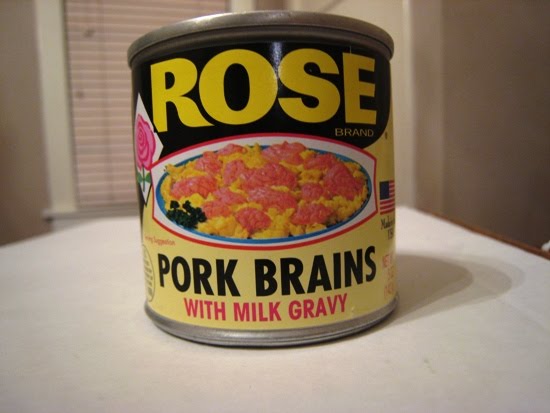I warn you now, this is NOT for everyone. It involves maths, elves, iron, snakes, peanuts and allergies. I’ll warn you when the maths start so you can skip to the next maths-free paragraph.
This is one of those things that makes me an ubernerd and sometimes keeps me awake at night.
A while back, I noted that a lot of the mythology about elves says they are highly allergic to iron. I wondered, if elves are so allergic or iron, then how do they manage to fight human beings and not die from human blood exposure.
I was told by some fellow nerds, the amount of iron in human blood is not sufficient to cause an allergic reaction. I doubted that, but could not think of a way to challenge it.
I figured it out this evening.
Compare it to peanut allergies in people. Peanuts are a serious allergy and can kill people.
I also thought, while writing this, of doing various venoms, which take a far, far smaller amount to kill people.
Peanut proteins are what cause allergic reactions and kill people. Venoms are also proteins.
Someone is gonna point out elf and human physiology are not the same. No, but they are close, hence the half-elf, which has a parent from both species. With that kind of genetic closeness and the reaction of elves to intoxicants same as humans, I think it is safe to posit a lot more similarities.
I am not gonna get into how a species that is allergic to the blood of the other can successfully reproduce with each other. At least not now.
Dammit. Now I have something else to occupy my brain.
VENOM
MINOR MATHS! So, venom - "Australian Brown Snake (Pseudonaja textilis ), Australia. One 1/14,000 of an ounce of this venom is enough to kill a person."
http://www.chm.bris.ac.uk/webprojects2003/stoneley/strength.htm
MINOR MATHS! An ounce has 28.3495 grams.
Given those numbers (you can do the maths), it is now highly likely one drop of human blood is enough to kill an elf, especially since even a flesh wound with cold iron is enough to kill an elf. Even touching an iron sword causes immediate blisters, according to some of the literature.
Prove it? Sure.
BLOOD
MATHS! Two thirds of body iron is present in circulating red blood cells as hemoglobin. Each gram of hemoglobin contains 3.47 mg of iron; thus, each mL of blood lost from the body (hemoglobin 15 g/dL) results in a loss of 0.5 mg of iron.
https://www.medscape.com/answers/202333-153125/how-much-iron-is-in-hemoglobin
MINOR MATHS! A drop of water is roughly equal to .050 grams.
MINOR MATHS! 1 gram is 1,000 milligrams.
MINOR MATHS! 1 gram is 1 milliliter, roughly.
Running the information through my head says that a drop of blood contains more iron, by weight, than the amount of brown snake venom needed to kill a person.
Now, if you look at how fast iron-poisoning kills an elf, in most of the literature, v. how fast brown snake venom kills a person, well, elves are WAY more reactive to iron than a human to snake venom.
PEANUTS
Back to the peanuts, which are far less lethal than a brown snake bite.
MATHS! "The dose calculated to elicit an allergic reaction in 1% of patients with peanut allergies was 0.052 milligrams of peanut protein, about the weight of a single grain of salt, says Haber. The eliciting dose for 5% of patients was calculated to be 0.49 milligrams of peanut protein, or about the weight of a single grain of sugar, says Haber."
Even highly allergic people can hold a peanut for a minute or so with no ill effects. Ingestion or absorption is where the problem happens. Elves touch iron and have a reaction.
Running these numbers, this also shows a drop of blood contains a LOT of iron. Given the peanut allergy numbers, that drop of human blood has plenty of iron to induce at least some allergic reaction in an elf.
More than a drop? Dead elf.
Imagine an elf already having an allergic reaction, even mild, on the field of battle. With each spot of blood, he gets a little more reaction.
In short order, in a really nasty fight, he is a goner.
BATTLE
In a pitched battle blood goes EVERYWHERE. I’ve never been in a pitch battle with swords, but I’ve butchered more animals than I want to count. Blood gets everywhere. I do not care how careful you are, you are going to get blood on you. Open wounds will get the critter’s blood in you.
That’s under controlled conditions where precision, patience and exacting work are found.
A battle is chaos.
Elves in battle are going to get blood on them and in them either through wounds, in the eye or mouth.
Dead elf. Every time.
CONCLUSION
Short of magic as a barrier to keep human blood away, in a real swords & spears battle with humans, elves are going to be in trouble unless they have seriously overwhelming numbers.
